Beef Herd Health and Quality Assurance
All Beef Herd Health and Quality Assurance Content
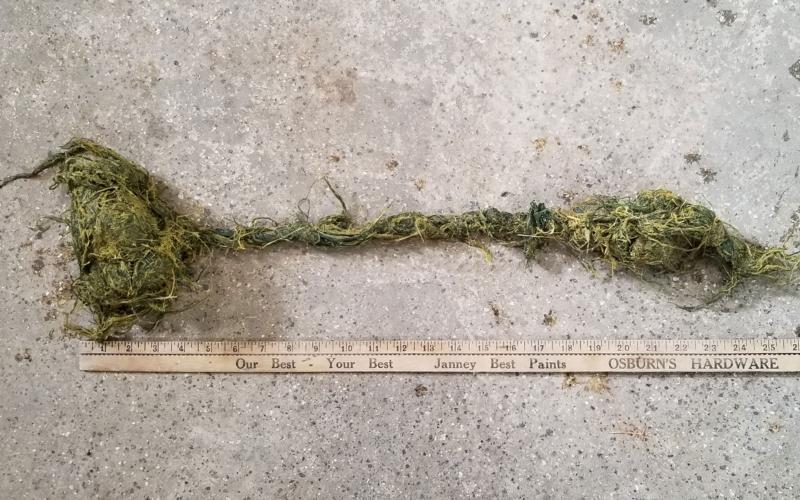
Summary of Forage Binding Survey and Current Net Wrap Research
Recently, cattle producers and veterinarians have become more concerned with the possible ingestion of net wrap or twine from hay bales and the negative impacts it could have on cattle health and performance.
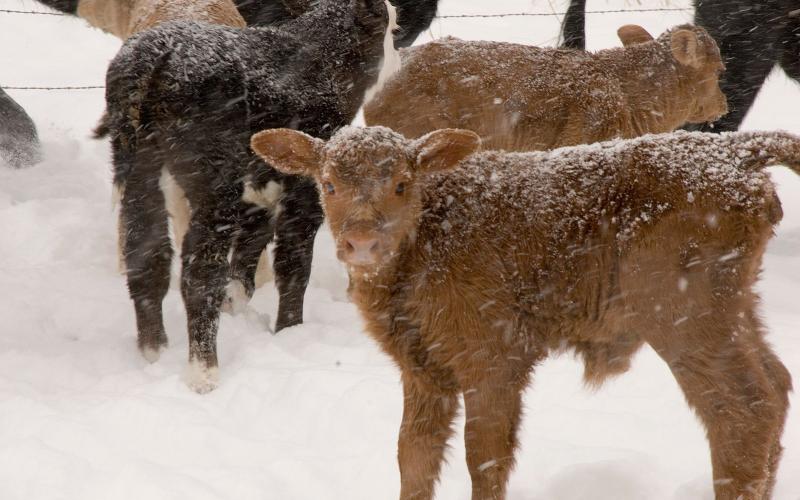
Determining the Best Method of Castration for Beef Calves
Spring is an important time for making the best management decisions for the health and well-being of your calves, with an extremely important one being the castration of the bull calves.
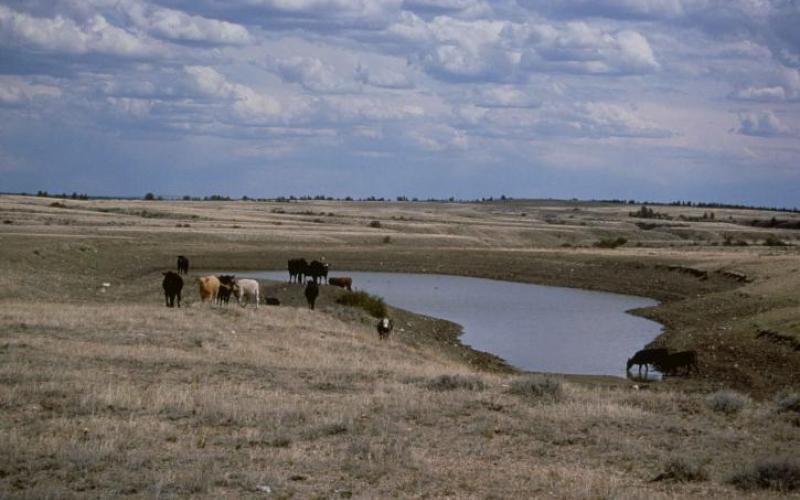
Nitrates and Livestock Water Quality
Nitrate poisoning is something we think about with forages such as millet, oats, corn, sorghum, sudan, kochia and others that have been fertilized or if there is a drought, but water can also be a contributing factor.
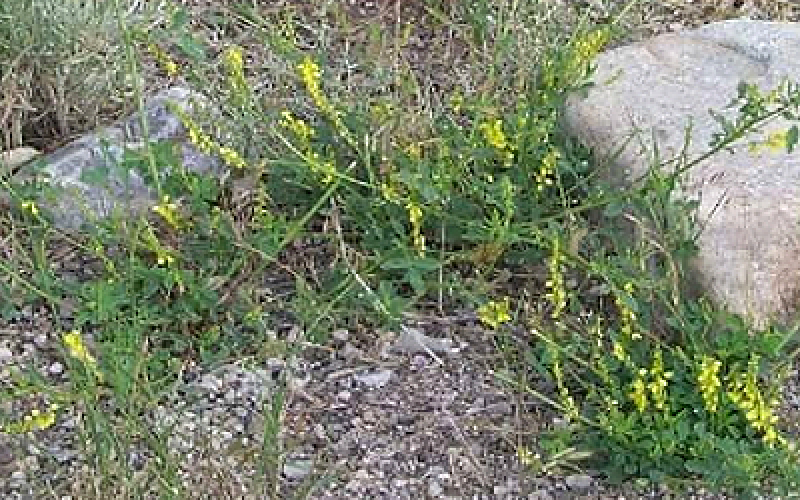
Sweet Clover Poisoning
Hay that contains sweet clover can be an excellent feed as long as the dicoumarol level is known and feeding management is used to prevent poisoning.
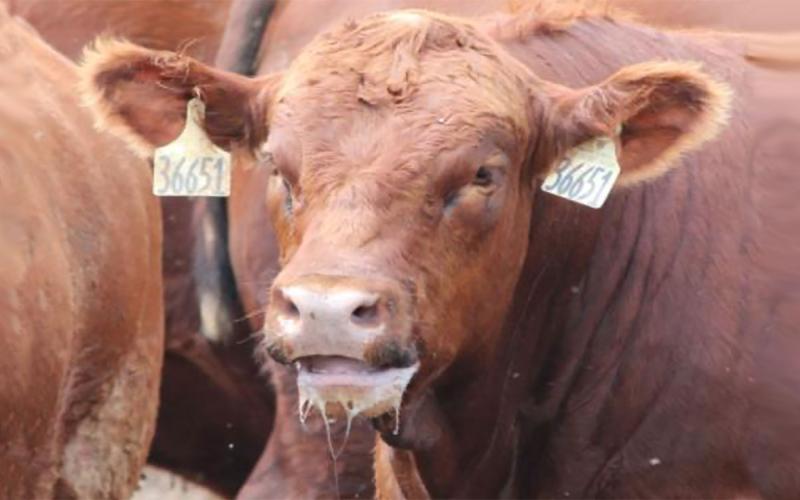
Heat Stress Forecasting Apps Available
Early summer heat stress in feedlot cattle is often triggered by rapid changes in temperature and humidity before cattle become acclimated to warmer conditions. Learn about some management tools that you can use to protect your herd.
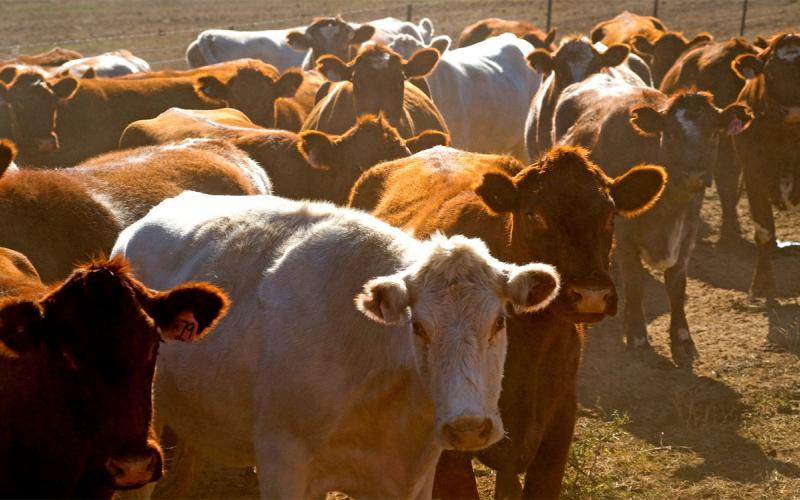
SDSU Extension Encourages Producers to Prepare for Extreme Heat Temperatures
August 02, 2022
SDSU Extension provides resources to help livestock producers prepare for extreme temperatures. With temperatures expected to rise into the upper 90s over the next week, it is important for producers to prepare and have proper mitigation strategies in place.
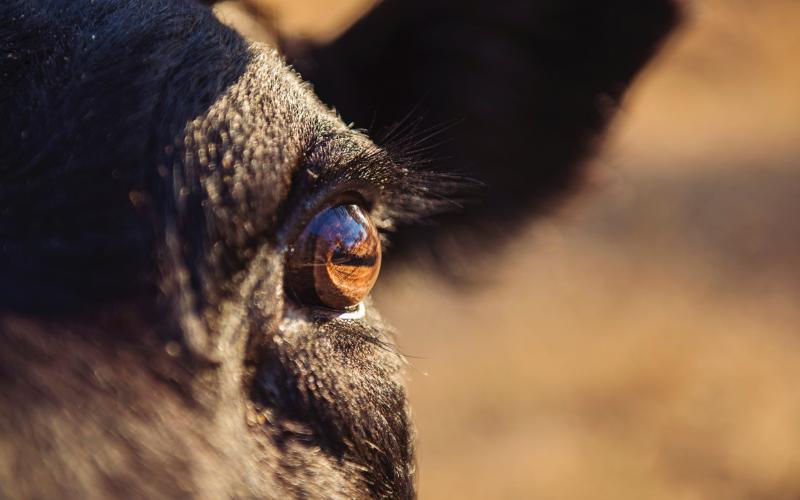
Veterinarians Remind South Dakota Cattle Producers To Include Anthrax Vaccination This Spring
May 23, 2022
SDSU Extension and South Dakota Animal Industry Board veterinarians are encouraging South Dakota cattle producers to include the anthrax vaccine in their vaccination program when they turn out cattle to summer pastures this spring.
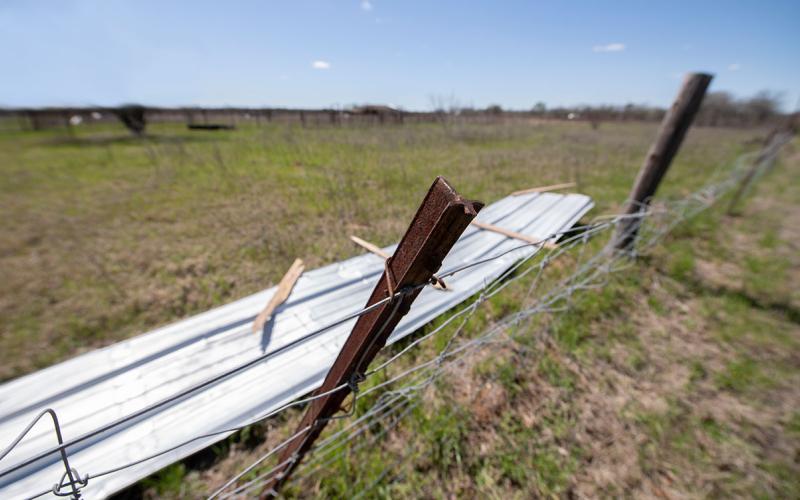
Dealing With Storm Debris in Pastures and Hay Fields
Storm debris in pastures and forage-producing fields can pose a significant health risks to livestock. Learns some expert tips for mitigating risks and protecting your animals.
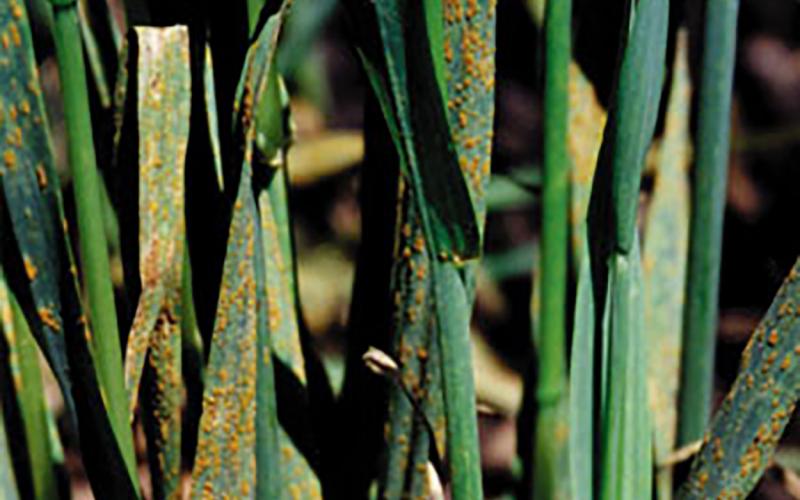
Does Crown Rust in Oats Cause Problems for Livestock?
When wet, cool conditions predominate in the spring, crop producers may have to deal with crown rust in oats. When this crop disease is abundant, questions from livestock producers arise. Could crown rust in oats harm livestock if it’s present on pasture or in hay?
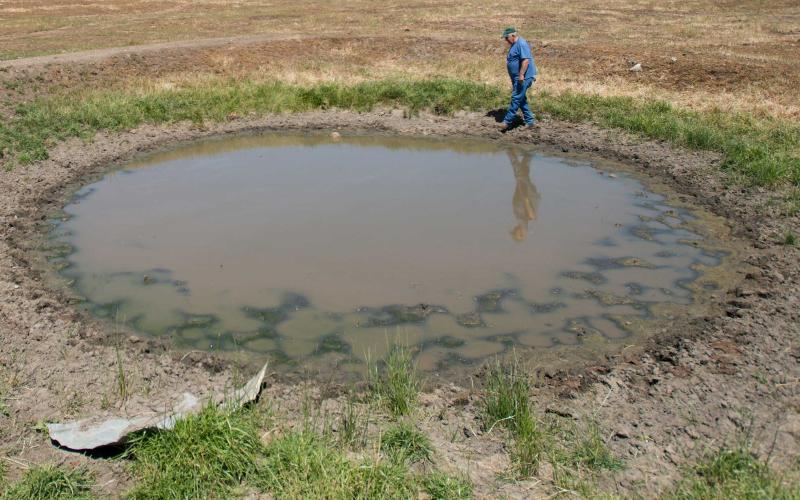
How Do Sulfates in Water Affect Livestock Health?
Poor-quality water will cause an animal to drink less. As a result, they also consume less forage and feed, which leads to weight loss, decreased milk production and lower fertility.